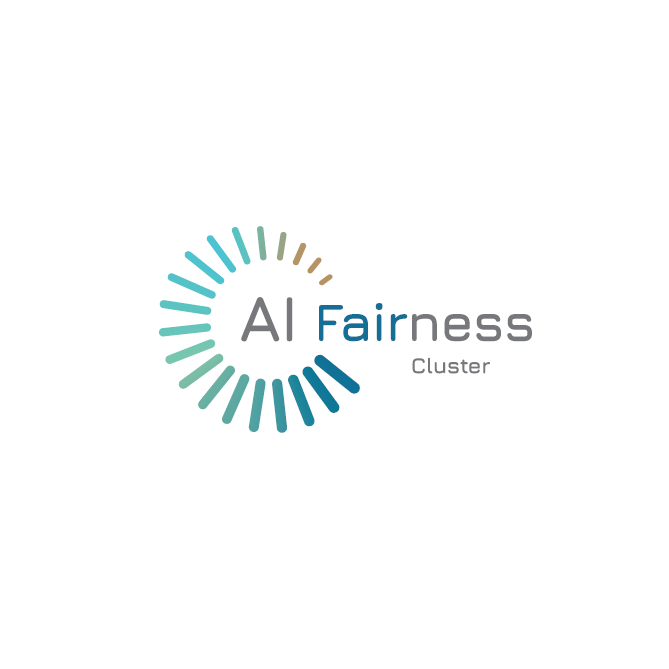15th March 2024
The AI Fairness Cluster projects are united by a common mission: to identify and mitigate biases while ensuring that AI systems contribute to diversity and inclusion. AEQUITAS pioneers a framework to address biases and unfairness in AI, offering a controlled experimentation platform for developers. BIAS empowers both AI and Human Resources Management (HRM) communities by addressing algorithmic biases. FINDHR will facilitate the prevention, detection, and management of discrimination in algorithmic hiring and closely related areas involving human recommendation. MAMMOTH aims to tackle bias by focusing on multi-discrimination mitigation for tabular, network and multimodal data.
One of the primary objectives of the Cluster is to develop robust methodologies and tools for assessing and mitigating biases in AI algorithms. Through cutting-edge research and interdisciplinary collaborations, it aims to identify and address sources of bias that perpetuate inequitable outcomes. By integrating ethical considerations into the design and deployment of AI systems, the Cluster seeks to build a more just and equitable future.
Furthermore, the AI Fairness Cluster is committed to promoting diversity and inclusivity within the AI community. By championing initiatives that support underrepresented groups in AI research and technology, it endeavours to create a more inclusive environment where diverse perspectives are valued and amplified.
Central to our mission of fostering collaboration and knowledge dissemination, the AI Fairness Cluster maintains an informative and user-friendly website (https://aifairnesscluster.eu/). The website serves as a hub for resources, publications, events, and initiatives related to fairness in AI steaming from the projects. Visitors can explore a wealth of information on cutting-edge research, best practices, and case studies in the field of AI ethics and fairness.
